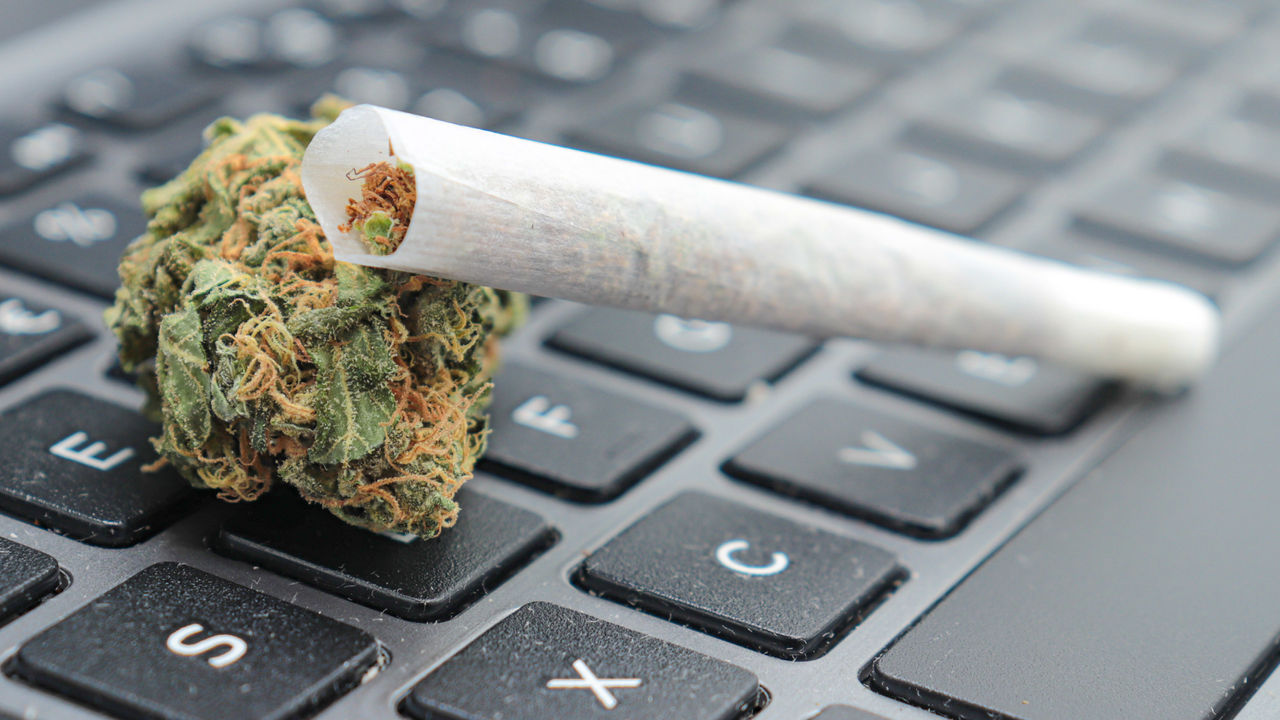When someone reports that an employee smells of marijuana, the first step is to determine whether the employee is under the influence or impaired. Doing so is particularly important if the employee is in a safety-sensitive job.
However, don’t assume an individual is high just because they reek of weed. It could be secondhand smoke, or the person could have smoked over the weekend and no longer be under the influence. Recreational marijuana use is now legal in 21 states.
Ask the employee’s supervisor to look for signs of impairment and record any observations. Does the worker have bloodshot eyes, slurred speech or an inability to focus on a task, for example?
Ask a second manager to observe the worker, as well. An employee who exhibits behaviors that indicate impairment should be removed from any safety-sensitive roles, such as driving or operating heavy machinery. Even if marijuana is legal in your state, employers don’t need to tolerate employees being stoned at work.
In light of recent legislative developments involving marijuana, many companies are reconsidering their policies on drug testing. The U.S. Department of Transportation requires drug testing for those in safety-sensitive jobs, such as truck drivers. For other jobs, however, employers need to be careful when making employment decisions based on a positive drug test after a worker legally used marijuana during off-work hours.
In addition, some states prohibit employment discrimination against recreational marijuana users, so be sure to provide training to managers on this topic.
If the employee isn’t high at work, determine whether the company’s dress code covers strong and offensive odors. Employer policies often include provisions that prohibit strong scents, disruptive odors or allergy-inducing smells. If the company doesn’t have such a policy, it might be time to develop one. It’s important to set forth the organization’s expectations in a written policy and to apply the policy consistently.
Have a private and respectful conversation with the individual to explain the company’s policy. Help the employee understand that strong odors could have harmful effects on others in the form of allergic reactions, migraines and breathing problems.
Involve the employee in finding a solution by asking what can be done to eliminate or reduce the marijuana odor, which could be on the employee’s clothes or hair.
Although marijuana use is still illegal under federal law, the issue of employees smelling of weed may become more common now that many states have legalized medical and recreational use. Be sure to stay up-to-date on state laws regarding this evolving topic.
Julie Schweber, SHRM-SCP, is a senior HR Knowledge Advisor for SHRM.
Image by Alex Aviles/ISTOCK
An organization run by AI is not a futuristic concept. Such technology is already a part of many workplaces and will continue to shape the labor market and HR. Here's how employers and employees can successfully manage generative AI and other AI-powered systems.




